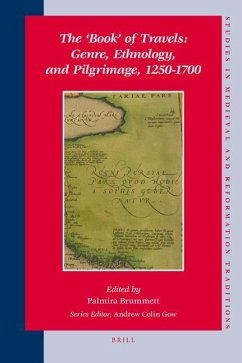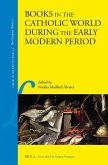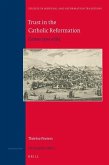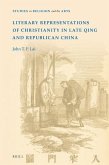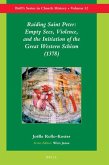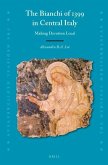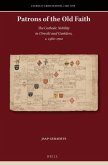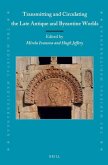The early modern era is often envisioned as one in which European genres, both narrative and visual, diverged indelibly from those of medieval times. This collection examines a disparate set of travel texts, dating from the thirteenth to the seventeenth centuries, to question that divergence and to assess the modes, themes, and ethnologies of travel writing. It demonstrates the enduring nature of the itinerary, the variant forms of witnessing (including imaginary maps), the crafting of sacred space as a cautionary tale, and the use of the travel narrative to represent the transformation of the authorial self. Focusing on European travelers to the expansive East, from the soft architecture of Timur's tent palaces in Samarqand to the ambiguities of sexual identity at the Mughul court, these essays reveal the possibilities for cultural translation as travelers of varying experience and attitude confront remote and foreign (or not so foreign) space.
Hinweis: Dieser Artikel kann nur an eine deutsche Lieferadresse ausgeliefert werden.
Hinweis: Dieser Artikel kann nur an eine deutsche Lieferadresse ausgeliefert werden.

